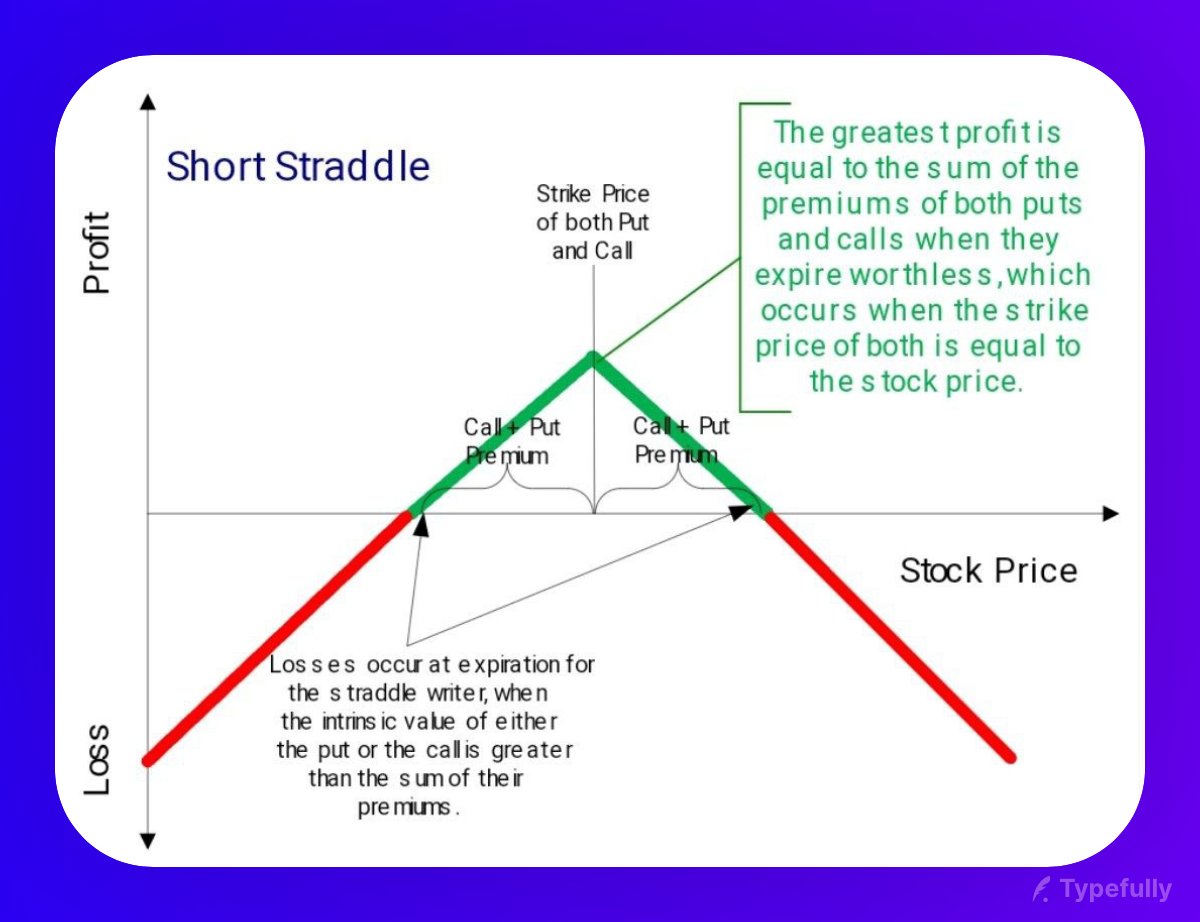It's a public company, so you could go on your broker's website and trade its stock. Its price had been low for a while.
THREAD: What are some Posting Traders doing, and what do the federal securities laws say about it? A securities law professor tries to make it simple.
(Tl;dr? Some people on the Internet will be surprised when the SEC investigates them for market manipulation.)
It's a public company, so you could go on your broker's website and trade its stock. Its price had been low for a while.
Some big hedge funds (think BILLIONS) were betting that it'd go down. This is called a "short" bet.

Note for later: "borrowing" is important.
Compared with someone "short," someone "long" a stock actually has it (kinda).
Shorting is controversial; it puts downward pressure on stock price. Long investors, big (Elon Musk) and small (mom and pop) alike, don't want to lose from low stock prices.
https://t.co/abvqutbusN
Instead of buying or selling the stock, you can buy options—also bets on a stock price going up or down—more cheaply from a big financial institution middleman.
If the price goes up, it eats away at the collateral available to cover the bet if it goes bad. So you have to put up more collateral.
But because stock prices are theoretically limitless, a short investor faces potentially unlimited losses from a bad bet, if the price at which they buy back the stock skyrockets.
In fact, for GameStop there are more shares sold short than there are available to be bought back. So those holding the stock can sell.
1. Buy options to raise stock price.
2. Higher price forces short sellers to put up more margin.
3. Shorts also have to "cover" by buying back at much higher prices.
4. You sell to them at the high price.
5. Maybe destroy hedge fund?
Seems to have worked in the case of Melvin Capital, a hedge fund that had to "cover" its short position and get bailed out by other rich people. (Follow Matt if not already.)
But I'm here to talk about federal securities law. (I'm not a NE lawyer and this isn't legal advice.)
The SEC yesterday announced it was aware of all this and is "review[ing] the activities of regulated entities, financial intermediaries, and other market participants."
That last group includes everyone I talked about above short sellers, posters, all.
https://t.co/9KSUhIwXAN
It has the whiff of a pump and dump scheme, when fraudsters drum up support for a worthless stock before selling to dummies. That is undoubtedly the mental model that ENF investigators are trying to fit it in.
— James Fallows Tierney (@JamesFTierney) January 28, 2021
Sound familiar? Look again above at GameStop "strategy" steps 1-4. Can posts show that "purpose"?
https://t.co/O8qIHXzJ2T
But the SEC is undoubtedly looking into it.
Maybe it is or isn't a winning theory. But putting it to the test is costly. The SEC typically has leverage to get its targets to settle.
(The rest of her article, about open market manipulation, is great and worth reading!)
https://t.co/NsxRo3GuVk
More from Trading
You May Also Like
The YouTube algorithm that I helped build in 2011 still recommends the flat earth theory by the *hundreds of millions*. This investigation by @RawStory shows some of the real-life consequences of this badly designed AI.
This spring at SxSW, @SusanWojcicki promised "Wikipedia snippets" on debated videos. But they didn't put them on flat earth videos, and instead @YouTube is promoting merchandising such as "NASA lies - Never Trust a Snake". 2/

A few example of flat earth videos that were promoted by YouTube #today:
https://t.co/TumQiX2tlj 3/
https://t.co/uAORIJ5BYX 4/
https://t.co/yOGZ0pLfHG 5/
Flat Earth conference attendees explain how they have been brainwashed by YouTube and Infowarshttps://t.co/gqZwGXPOoc
— Raw Story (@RawStory) November 18, 2018
This spring at SxSW, @SusanWojcicki promised "Wikipedia snippets" on debated videos. But they didn't put them on flat earth videos, and instead @YouTube is promoting merchandising such as "NASA lies - Never Trust a Snake". 2/

A few example of flat earth videos that were promoted by YouTube #today:
https://t.co/TumQiX2tlj 3/
https://t.co/uAORIJ5BYX 4/
https://t.co/yOGZ0pLfHG 5/
First update to https://t.co/lDdqjtKTZL since the challenge ended – Medium links!! Go add your Medium profile now 👀📝 (thanks @diannamallen for the suggestion 😁)

Just added Telegram links to https://t.co/lDdqjtKTZL too! Now you can provide a nice easy way for people to message you :)

Less than 1 hour since I started adding stuff to https://t.co/lDdqjtKTZL again, and profile pages are now responsive!!! 🥳 Check it out -> https://t.co/fVkEL4fu0L

Accounts page is now also responsive!! 📱✨

💪 I managed to make the whole site responsive in about an hour. On my roadmap I had it down as 4-5 hours!!! 🤘🤠🤘

Just added Telegram links to https://t.co/lDdqjtKTZL too! Now you can provide a nice easy way for people to message you :)

Less than 1 hour since I started adding stuff to https://t.co/lDdqjtKTZL again, and profile pages are now responsive!!! 🥳 Check it out -> https://t.co/fVkEL4fu0L

Accounts page is now also responsive!! 📱✨

💪 I managed to make the whole site responsive in about an hour. On my roadmap I had it down as 4-5 hours!!! 🤘🤠🤘
“We don’t negotiate salaries” is a negotiation tactic.
Always. No, your company is not an exception.
A tactic I don’t appreciate at all because of how unfairly it penalizes low-leverage, junior employees, and those loyal enough not to question it, but that’s negotiation for you after all. Weaponized information asymmetry.
Listen to Aditya
And by the way, you should never be worried that an offer would be withdrawn if you politely negotiate.
I have seen this happen *extremely* rarely, mostly to women, and anyway is a giant red flag. It suggests you probably didn’t want to work there.
You wish there was no negotiating so it would all be more fair? I feel you, but it’s not happening.
Instead, negotiate hard, use your privilege, and then go and share numbers with your underrepresented and underpaid colleagues. […]
Always. No, your company is not an exception.
A tactic I don’t appreciate at all because of how unfairly it penalizes low-leverage, junior employees, and those loyal enough not to question it, but that’s negotiation for you after all. Weaponized information asymmetry.
Listen to Aditya
"we don't negotiate salaries" really means "we'd prefer to negotiate massive signing bonuses and equity grants, but we'll negotiate salary if you REALLY insist" https://t.co/80k7nWAMoK
— Aditya Mukerjee, the Otterrific \U0001f3f3\ufe0f\u200d\U0001f308 (@chimeracoder) December 4, 2018
And by the way, you should never be worried that an offer would be withdrawn if you politely negotiate.
I have seen this happen *extremely* rarely, mostly to women, and anyway is a giant red flag. It suggests you probably didn’t want to work there.
You wish there was no negotiating so it would all be more fair? I feel you, but it’s not happening.
Instead, negotiate hard, use your privilege, and then go and share numbers with your underrepresented and underpaid colleagues. […]
















